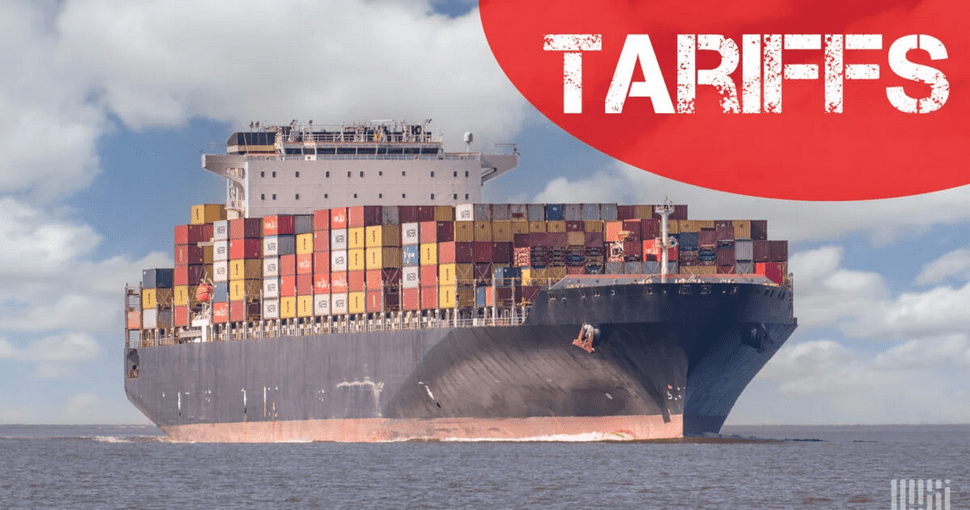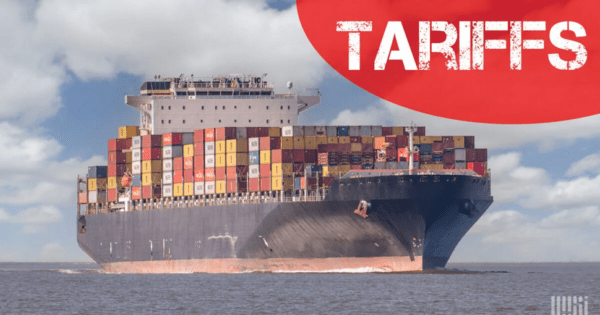Policy Whiplash: U.S. Hikes China Tariffs AGAIN to 125%, Pauses Others Amid Backlash

The rollercoaster of U.S. trade policy continues its wild ride, leaving game and merchandise businesses struggling to keep up. In the latest series of abrupt shifts, tariffs on imports from China were hiked yet again yesterday, while newly announced tariffs targeting other major trading partners were suddenly “paused.”
China Tariffs Reach New Heights: 125%
Just days after a shocking increase from 54% to 104%, the U.S. administration escalated the trade conflict with China further on Wednesday. Tariffs on many imported goods from China were raised once more, now reaching an astonishing 125%.
This marks the second major increase this week alone, highlighting a rapidly deteriorating trade relationship and creating unprecedented cost pressures for companies manufacturing products in China.
Contradictory Move: Tariffs Paused for Japan, South Korea, Vietnam, EU
Simultaneously, in a move that seems to contradict the aggressive stance towards China, the administration has hit the brakes elsewhere. According to the New York Times, planned tariff implementations and increases targeting imports from Japan, South Korea, Vietnam, and the European Union have been “paused” for 90 days.
This pause reportedly comes after significant negative reaction in the financial markets, with large stock price declines following the initial tariff announcements last week. Pushback from CEOs, concerned that a widening trade war could tip the global economy into recession, also appears to have played a role in this temporary reprieve.
Uncertainty Plagues Game and Merch Industries
For businesses in the game and merchandise sectors, many of whom rely heavily on manufacturing in China and potentially other affected Asian nations or Europe, these erratic policy shifts are creating chaos.
- Budgeting Nightmare: Planning and budgeting become nearly impossible when the cost of goods can potentially double (or more) with less than a day’s notice, only for other planned increases to be suddenly shelved.
- Supply Chain Whiplash: Decisions about where to manufacture products are complex and long-term. Constant, unpredictable changes in tariff policy make strategic planning incredibly difficult.
- Pricing Dilemmas: Companies face the tough choice of absorbing massive cost increases or passing them onto consumers, risking significant sticker shock and reduced sales.
This “policy whiplash” – aggressively hiking tariffs on one key partner while pausing them for others amid economic fears – underscores the deep uncertainty businesses face. Planning for the future remains exceptionally challenging in this volatile trade environment.
Discover more from DDO Players
Subscribe to get the latest posts sent to your email.





Leave a Comment